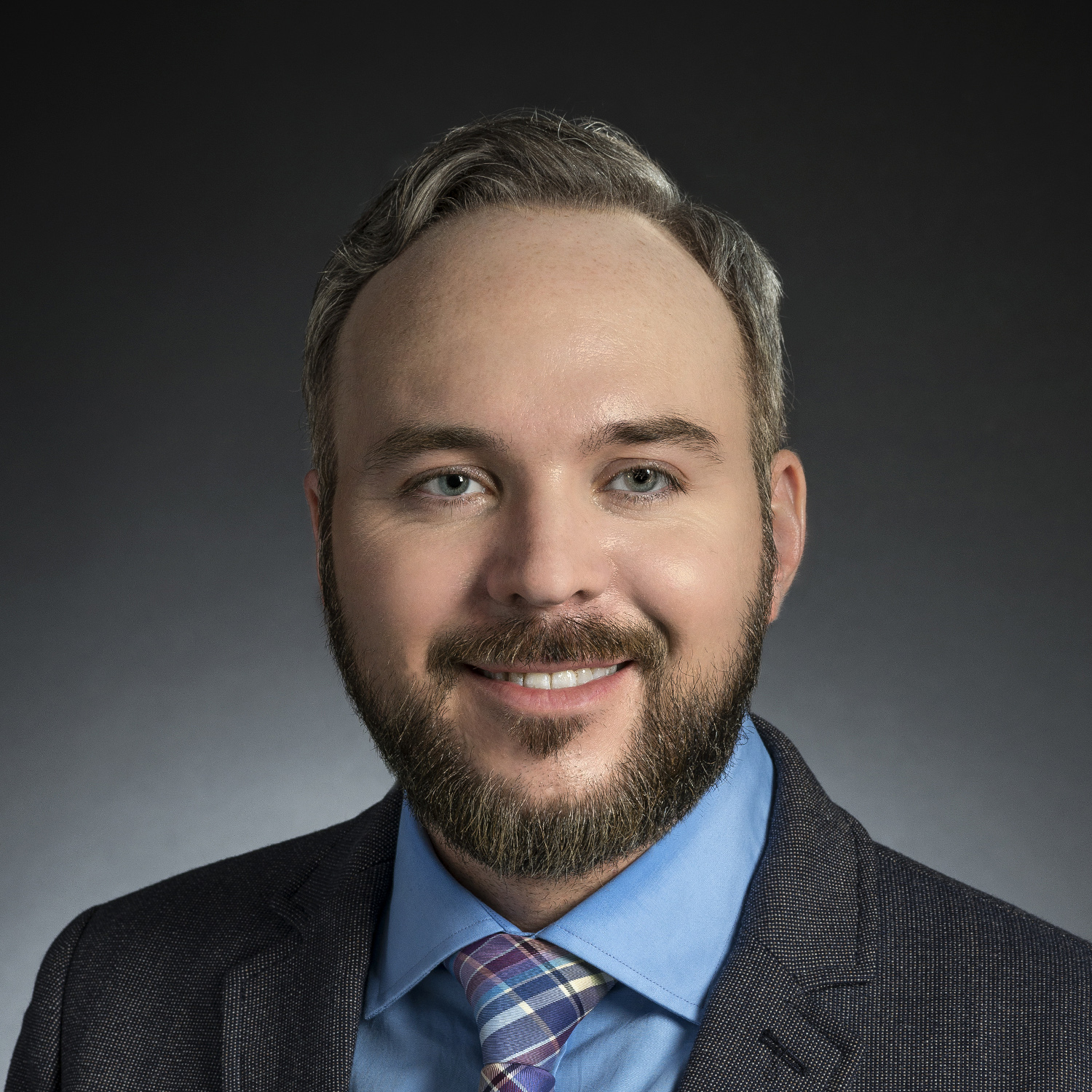
Urinary Tract Specimens that Challenge The (Paris) System
Christopher J. VandenBussche, MD, PhD |
While many pathologists are familiar with The Paris System for Reporting Urinary Cytology (TPS), questions often arise regarding the best way to interpret and implement TPS. Degeneration and reactive changes often result in unusual morphologies that can be difficult to classify when TPS criteria are strictly applied. Challenging cases will be presented to allow for a practical assessment and discussion of each case.
Target Audience
This educational activity is designed for pathologists, cytopathologists, cytotechnologists, students and other members of the cytopathology community.
Learning Objectives
- Identify reactive and degenerative changes that can sometimes cause concern for malignancy
- Diagnose high grade urothelial carcinoma in specimens that may not meet the formal criteria for malignancy according to TPS
- Understand the impact of indeterminate diagnoses on patient care
Christopher J. VandenBussche, MD, PhD
Associate Professor
The Johns Hopkins University School of Medicine
Baltimore, Maryland
The speaker has received royalties from Springer Publishing and Wolters‐Kluver.
Continuing Medical Education (CME) Statement
The American Society of Cytopathology is accredited by the Accreditation Council for Continuing Medical Education to provide continuing medical education for physicians. The American Society of Cytopathology designates this enduring educational activity for a maximum of 2.0 AMA PRA Category 1 Credits™. Physicians should only claim credit commensurate with the extent of their participation in the activity.
American Board of Pathology Maintenance of Certification (CC)
This product can help fulfill the CME requirements and Self-Assessment Modules (SAMs) mandated by the American Board of Pathology Continuing Certification (CC) process. Earn up to 2.0 SAM Credit Hours.
Continuing Medical Laboratory Education (CMLE)
The ASC designates this activity for a maximum of 2.0 Continuing Medical Laboratory Education (CMLE) credit hours for non-physicians. The CMLE credit hours meet the continuing education requirements for the ASCP Board of Registry Certification Maintenance Program. Participants should claim only the credit commensurate with the extent of their participation in the activity.
Cytotechnologists with Licenses in Florida and California
This program is approved for 2 continuing education credits in the State of Florida and 1 in the State of California. The credit on each link is good for three years from the live presentation date.
Available Credit
- 2.00 AMA PRA Category 1 Credit™
- 1.00 California Credits
- 2.00 CMLE
- 2.00 Florida Credits
- 2.00 MOC II
- 2.00 Participant

 Facebook
Facebook X
X LinkedIn
LinkedIn Forward
Forward